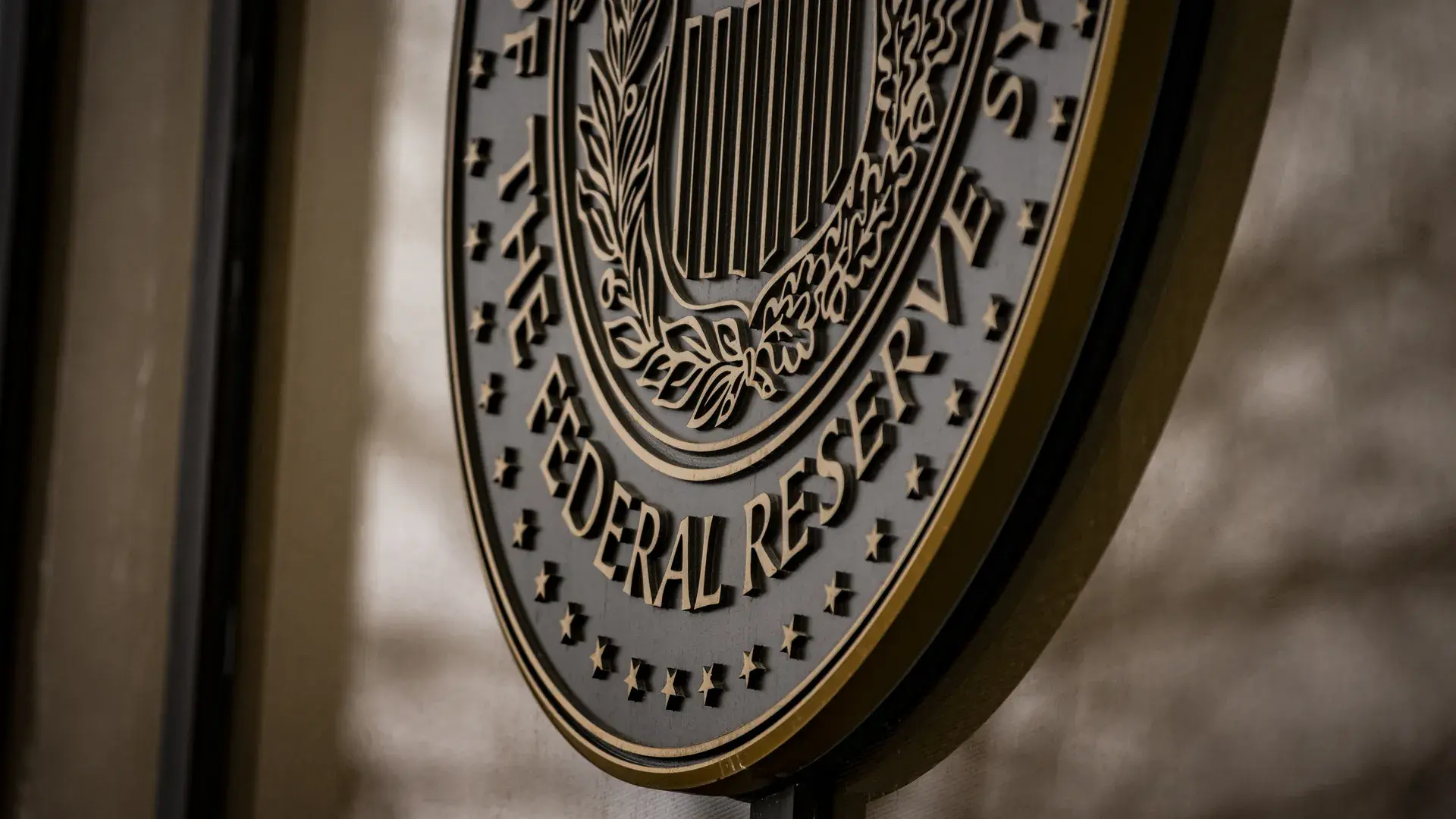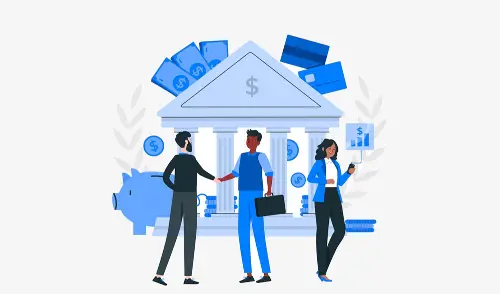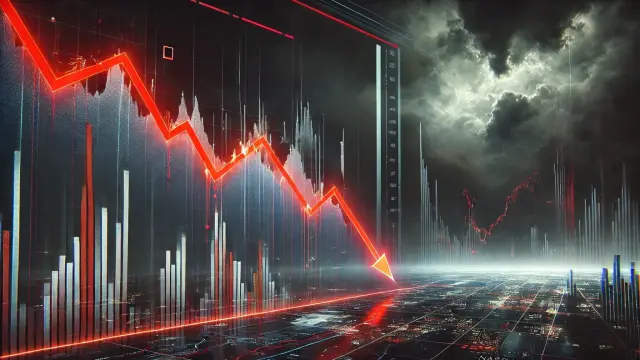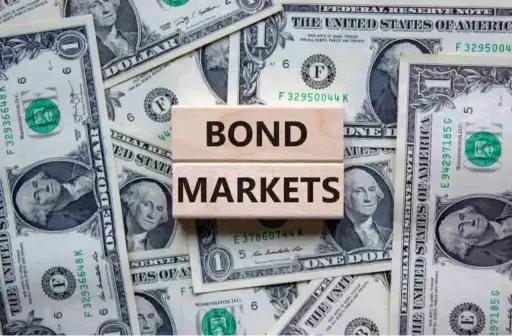The Federal Reserve has raised interest rates in response to persistent inflation concerns, aiming to stabilize prices and maintain economic stability. The hike is expected to impact borrowing costs, mortgage rates, and financial markets in the coming months
In response to rising inflation and economic uncertainties, the Federal Reserve has announced another interest rate hike, marking its fourth increase this year. The move is aimed at slowing inflation, which has remained stubbornly high despite previous monetary tightening efforts.
The latest adjustment raises the benchmark federal funds rate by 0.25 percentage points, bringing it to its highest level in over a decade. This decision reflects the Fed’s commitment to price stability while balancing risks to economic growth and employment.
Understanding the Federal Reserve’s Decision
Why Is the Fed Raising Interest Rates?
Inflation has been a persistent issue, with consumer prices rising at a rate well above the Fed’s
2% target. Key reasons for the latest rate hike include:
- Rising Consumer Prices: Food, housing, and energy costs remain elevated, putting pressure on household budgets.
- Strong Job Market: Low unemployment and rising wages have increased consumer spending, fueling inflation.
- Global Supply Chain Disruptions: Ongoing supply chain constraints continue to push costs higher, especially in manufacturing and technology sectors.
Federal Reserve Chair Jerome Powell emphasized that while the economy remains
resilient, inflation remains a key concern. He stated,
"We are fully committed to reducing inflation to our target level. While these rate hikes may slow economic activity, they are necessary to maintain long-term stability."
Impact of Higher Interest Rates
1. Consumer Borrowing and Spending
- Mortgage Rates: Homebuyers face higher borrowing costs, making homeownership less affordable.
- Credit Cards & Auto Loans: Monthly payments for credit cards, car loans, and personal loans are expected to increase.
- Savings & Investments: While borrowing costs rise, savers may benefit from higher yields on savings accounts and CDs.
2. Business Investments & Employment
- Corporate Borrowing: Businesses may cut back on expansion plans due to rising financing costs.
- Job Market: Higher rates could lead to slower hiring as companies try to reduce costs.
- Stock Market Volatility: Investors remain cautious, leading to fluctuations in financial markets.
Economic experts warn that if rate hikes continue aggressively, they could
trigger an economic slowdown or even
a mild recession.
Market & Political Reactions
Stock Market’s Response
Following the Fed’s announcement, major U.S. stock indexes showed
mixed reactions:
- The Dow Jones Industrial Average fell by 1.2%, as investors anticipated slower economic growth.
- The Nasdaq Composite saw tech stocks decline, as higher interest rates make borrowing more expensive for companies in the sector.
- The S&P 500 dropped 0.9%, reflecting overall market uncertainty.
Government & Policymaker Reactions
- White House Response: The administration urged the Fed to balance inflation control with economic stability, warning against over-tightening.
- Republican Lawmakers: Some lawmakers criticized the Fed’s aggressive stance, arguing that rate hikes may push the economy into recession.
- Economists’ Views: Analysts remain divided—some believe the Fed’s actions will help control inflation, while others fear job losses and economic contraction.
Global Implications of the Fed’s Move
1. Stronger U.S. Dollar
The Fed’s rate hikes have strengthened the
U.S. dollar, making it more expensive for other countries to
import American goods. This could
widen the U.S. trade deficit while making U.S. exports
less competitive globally.
2. Emerging Market Risks
Higher U.S. interest rates can
cause capital outflows from emerging economies, leading to
currency depreciation and financial instability in countries
heavily reliant on foreign investments.
Future Outlook: More Rate Hikes to Come?
The
Federal Reserve has indicated that it may continue raising interest rates if
inflation remains persistent. However, the central bank is also
monitoring economic growth to avoid triggering a deep recession.
Key Factors to Watch:
- Inflation Trends: Will consumer prices start stabilizing?
- Employment Data: If job growth slows, the Fed may pause future rate hikes.
- GDP Growth: A decline in economic growth could lead to a policy shift.














